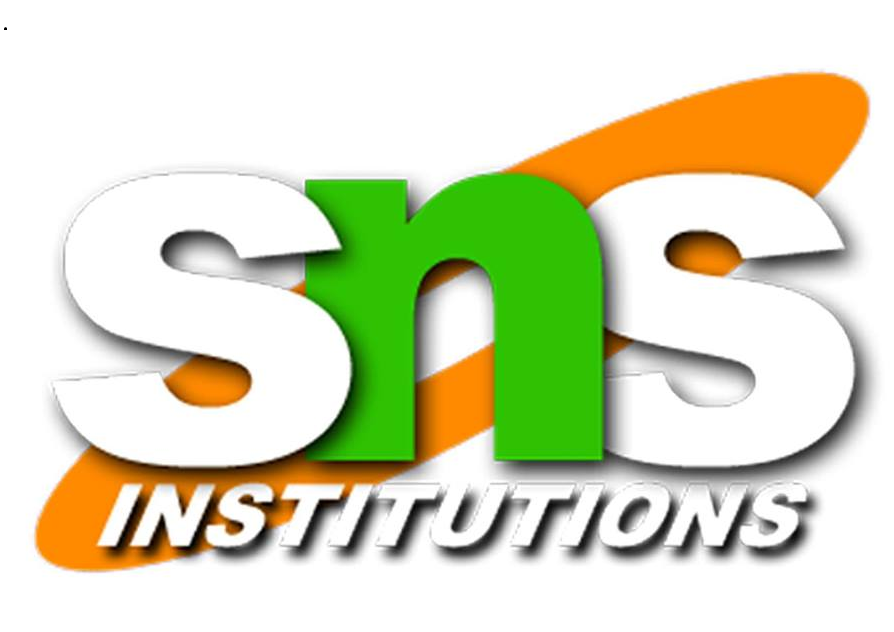
Water - Water quality parameters: Definition and significance of colour, odour, turbidity, fluoride, pH, TDS, BOD, COD and heavy metals(arsenic) -Hardness-Types- Boiler troubles- Water softening method -Internal and External Treatment-Demineralization and zeolite process- Desalination –Reverse osmosis- Municipal water treatment
Corrosion- causes- factors- types- chemical, electrochemical corrosion (galvanic, differential aeration), corrosion control - Corrosion inhibitors -material selection and design aspects - electrochemical protection – sacrificial anode method and impressed current cathodic method. Protection method - Electroplating (Au) and electroless plating of nickel.
Basics-Distinction between nanoparticles and bulk materials- General methods -Top down and Bottom-up approach- Preparation of nanomaterials- Sol-gel, solvothermal, laser ablation, chemical vapour deposition, electrochemical deposition and electro spinning -Types of nanomaterials- nano particle, nanoclusters, nanorods, nanotubes and nanowires)-Application of nanotechnology in electronics, energy science, medicine and agriculture.
Fuels-types-Coal-classification-manufacture of metallurgical coke by Otto-Hoffmann Method-Petroleum – fractional distillation-Synthetic petrol-Fischer and Bergius method - Knocking- Octane number and Cetane number - Gaseous Fuels- Biogas, CNG and LPG- Combustion- Calorific Value-Gross and Net calorific value - Definition -Flue gas analysis by ORSAT Method- CO2 emission, issues and carbon foot print.
Introduction- nuclear energy- differences between nuclear fission and fusion- light water nuclear reactor- breeder reactor- solar energy conversion- principle and working of solar cells- Batteries- Types of batteries, primary battery- dry cell, Secondary battery- lead acid battery and lithium-ion battery; Electrical vehicles- working principles; Fuel cells- H2-O2 fuel cell, Super Capacitors- Storage principle, types.
Reference Book:
B. Sivasankar “Engineering Chemistry” Tata McGraw-Hill Pub.Co.Ltd, New Delhi (2009). R. Sivakumar and N Sivakumar, “Engineering Chemistry” Tata McGraw-Hill Pub.Co.Ltd. New Delhi.2009. Dr.Sivanesan and Nandagopal, “Engineering Chemistry-I” V.K.Pub.Pvt.Ltd. 2011. P.C.Jain & Monicka Jain, “Engineering Chemistry” Dhanapat Rai Publising Company Pvt.Ltd. 2017.
Text Book:
P.C.Jain and Monica Jain, “Engineering Chemistry” Dhanpat Rai Pub, Co., New Delhi 2008. (Unit I, II, III, IV, V)
